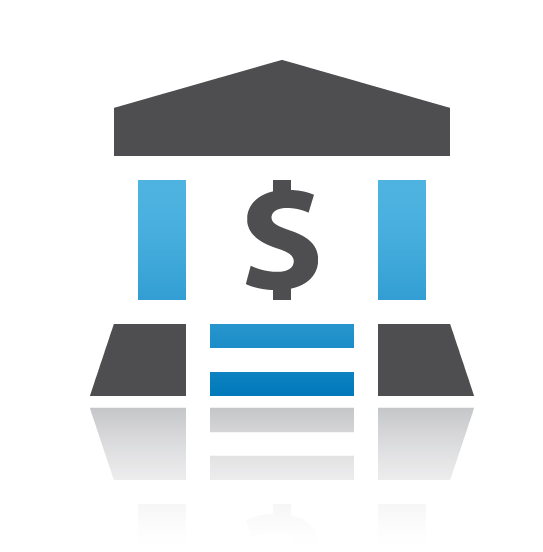
Credit scores can affect everything from mortgages, to credit cards, to car loans. Your credit score is a quick way for banks or other lenders to size you up and evaluate you. They’re trying to answer one key question: What is the likelihood that this person pays me back? Knowing that, the natural next question is: What exactly is a good credit score, and how can you get one?
To start, let's take a look at how credit scores are calculated. Your overall FICO credit score (“FICO score” or “credit score”) is based on scores from the three credit bureaus: Experian, TransUnion and Equifax. Each score is based on your financial history — stuff like credit card debt, loan payments, bills you forgot to pay and the number and age of your bank accounts are taken into account.
People with good credit scores have a long history of always paying their bills on time and not carrying credit card debt. That being said, to have great credit you don’t have to be perfect; it’s normal for most people to have one or two late payments that are no more than 30 days late. However, if you start missing multiple payments or are more than 60 days late, your credit can be negatively impacted quite quickly.
The highest possible credit score is 850, but a good credit score usually falls between 600 and 750. About 60 percent of people have credit scores of 700 and above. People with the best scores are at 750 or above; once your credit score hits 750, you get put into the same category as people who have a credit score in the 800s, meaning that you're viewed by credit agencies as low risk. Low risk for the banks translates into low interest rates for you, which saves you money.
Learn about how to get your free credit report >